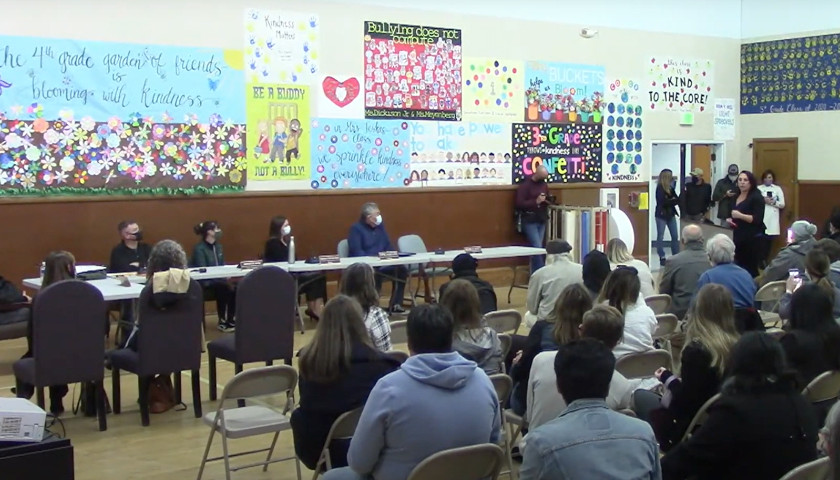I have been looking back over Alexis de Tocqueville’s unfinished masterpiece, The Old Regime and the French Revolution. It is full of piquant observations, for example this from the end of the preface: “a man’s admiration of absolute government is proportionate to the contempt he feels for those around him.” How much contempt do you suppose emanates from the apparatchiks who inhabit the D.C. swamp and control our lives? How slavish is their devotion to the unfettered prerogatives of the idol they serve, the state?
That dialectic between adulation of the sources of power and contempt for those subject to it may in one sense be perennial, a sentiment captured by the old Latin tag: Proprium humani ingenii est odisse quem laeseris: “it is part of human nature to hate those whom you have injured.” But Tocqueville translated that psychological characteristic into the realm of politics in which the question of liberty is paramount. Like Edmund Burke, Tocqueville was a supreme anatomist of the ways in which power co-opts the passion for liberty in order to counterfeit liberty’s essence. Describing the habit of “governmental paternalism,” Tocqueville notes that “Almost all the rulers who have tried to destroy freedom have at first attempted to preserve its forms.”
This has been seen from Augustus down to our own day. Rulers flatter themselves that they can combine the moral strength given by public consent with the advantages that only absolute power can give. Almost all have failed in the enterprise, and have soon discovered that it is impossible to make the appearance of freedom last where it is no longer a reality.
Read More


















